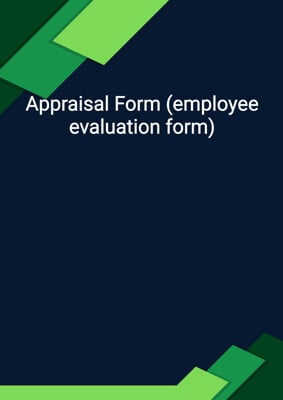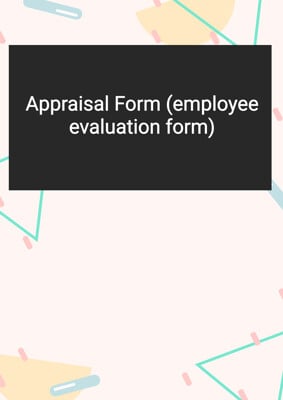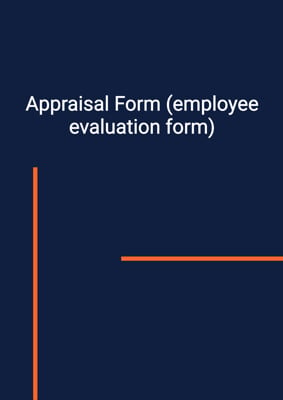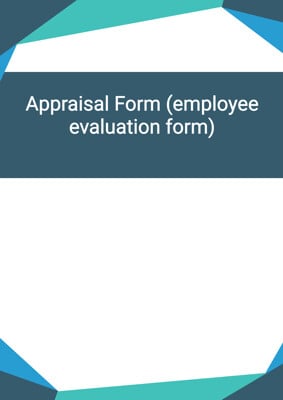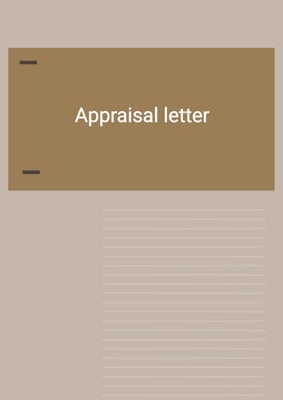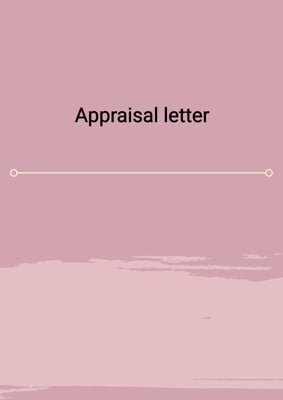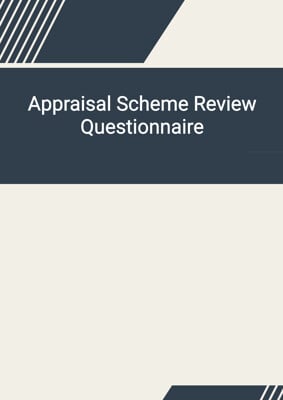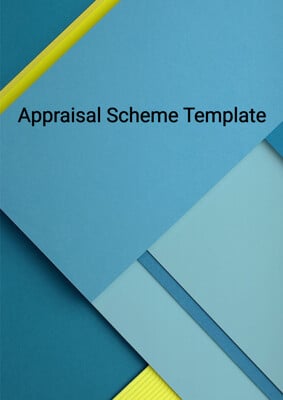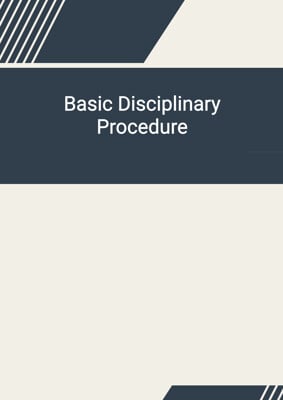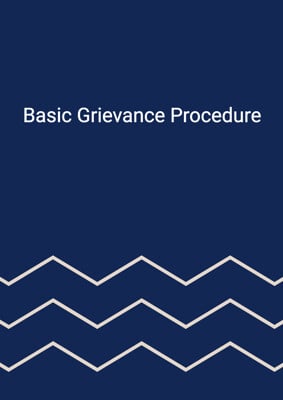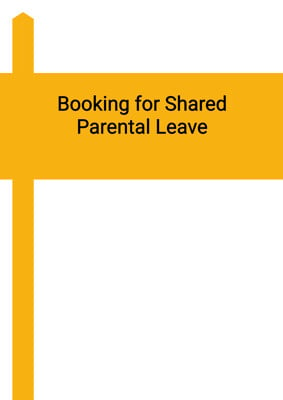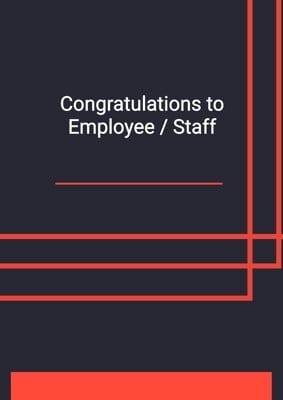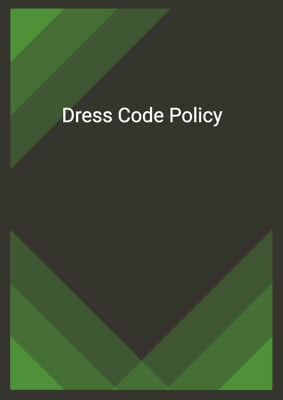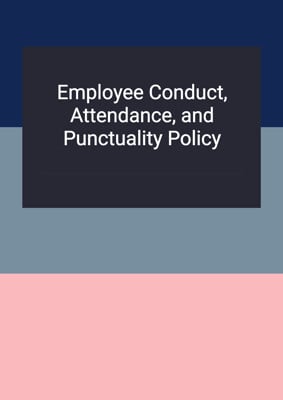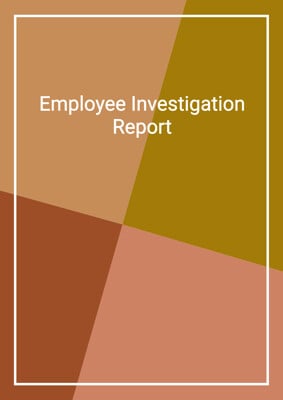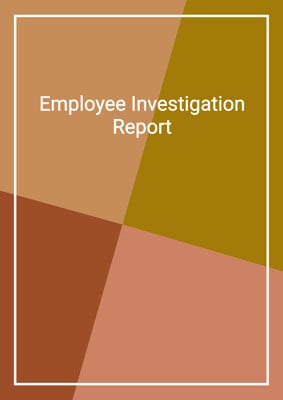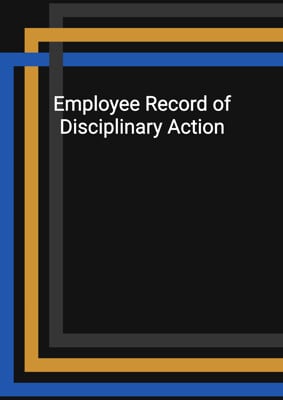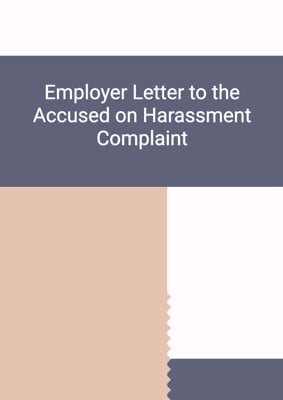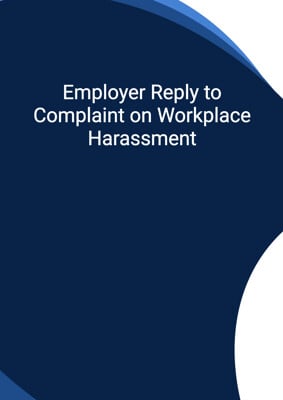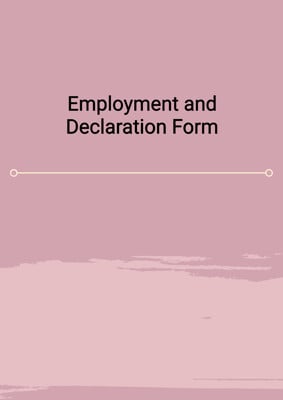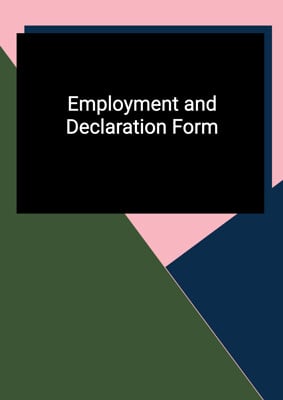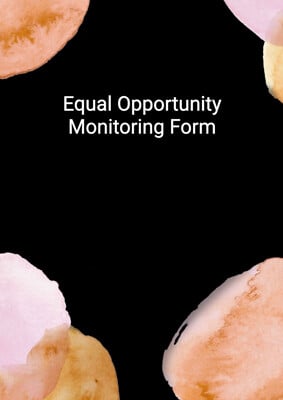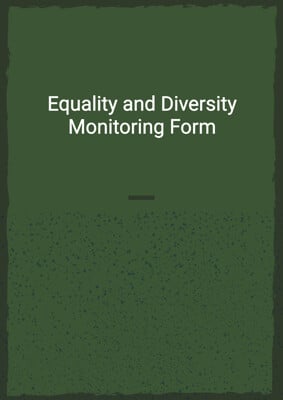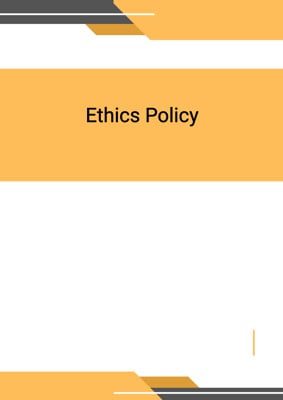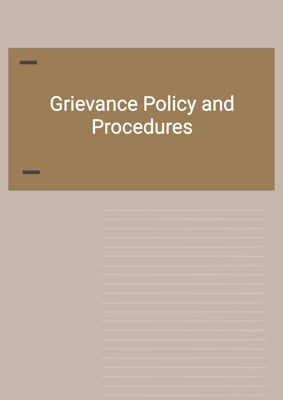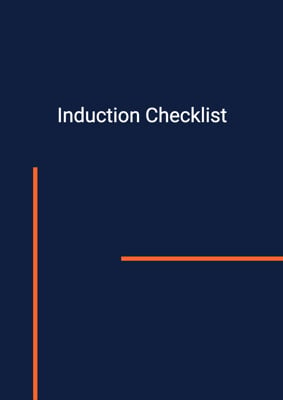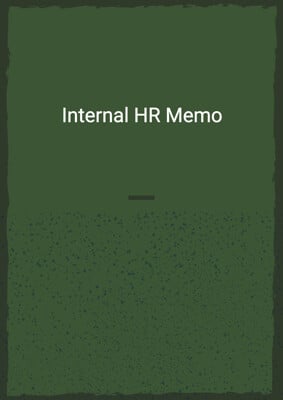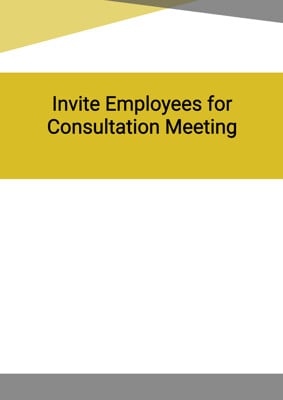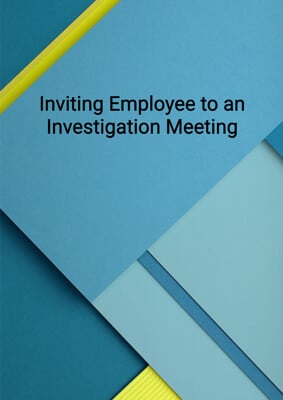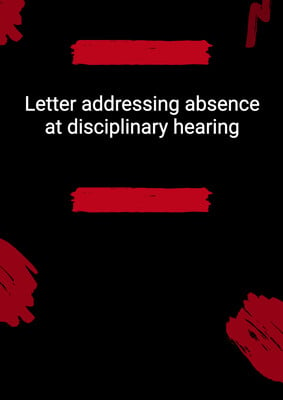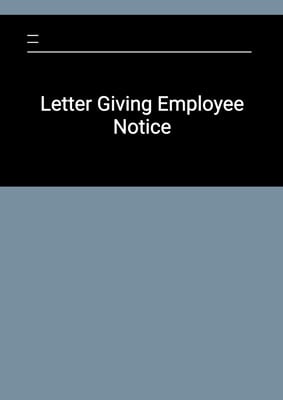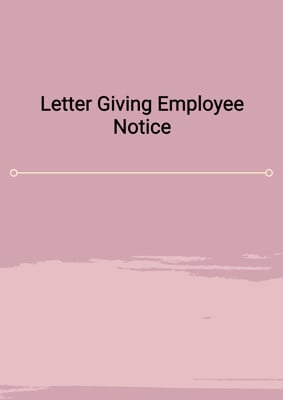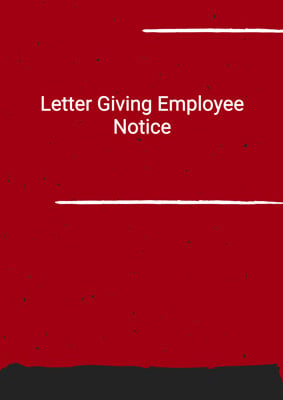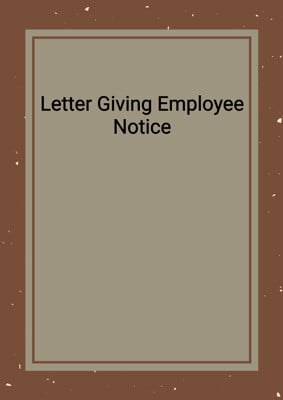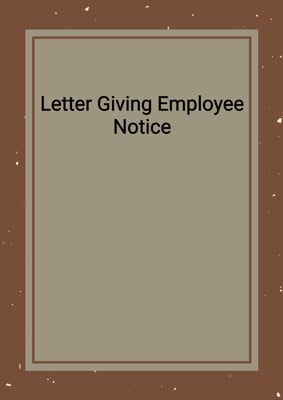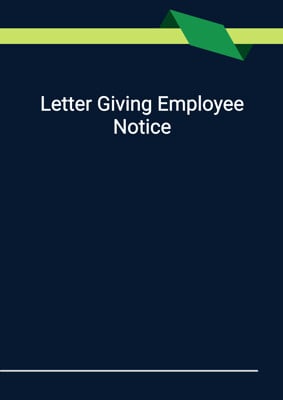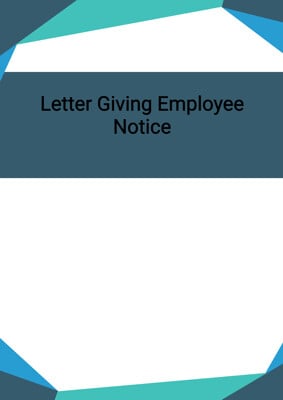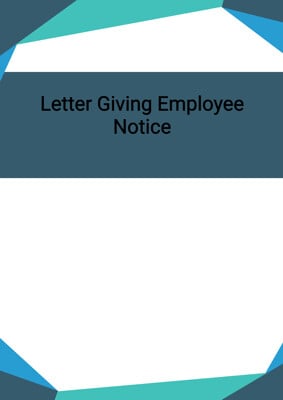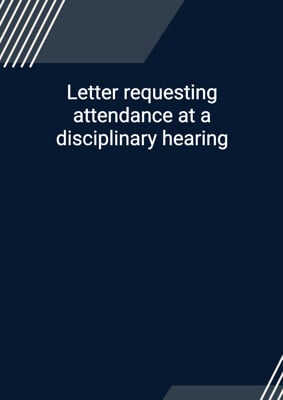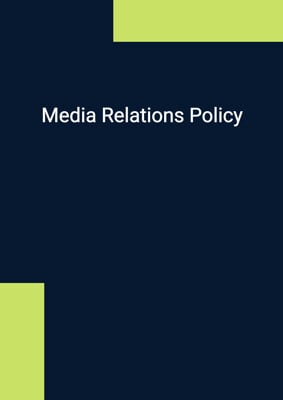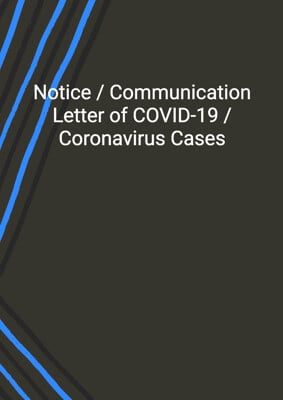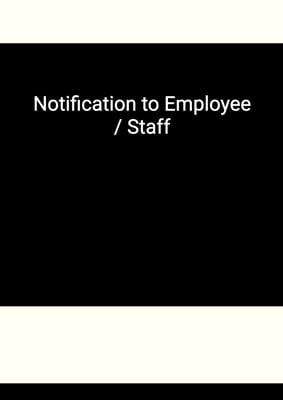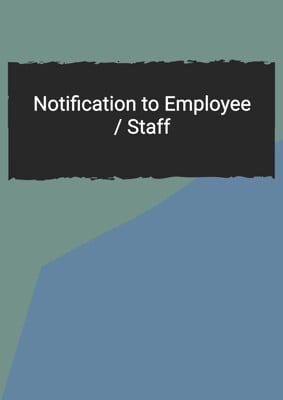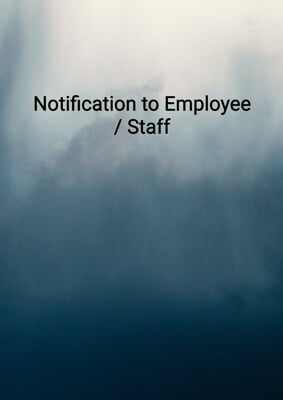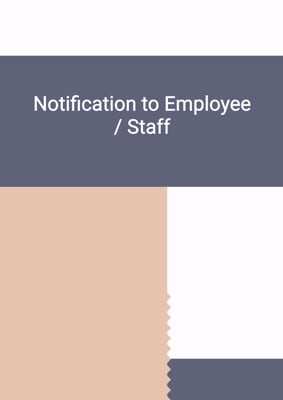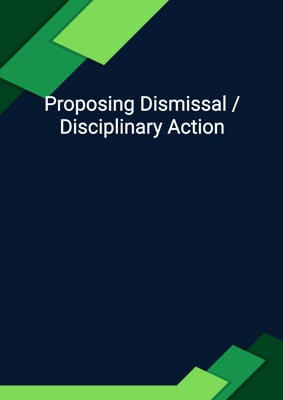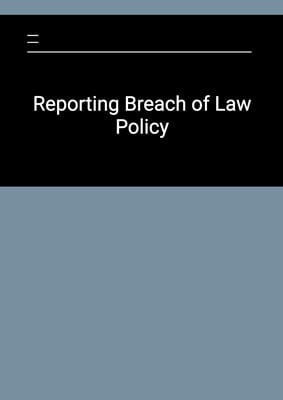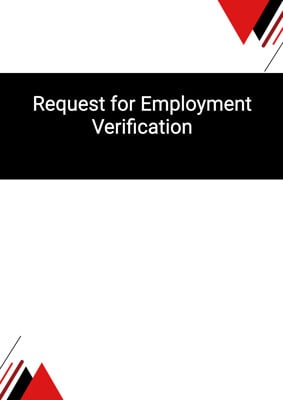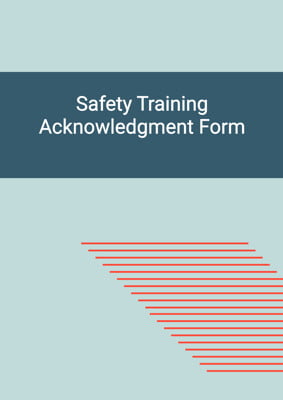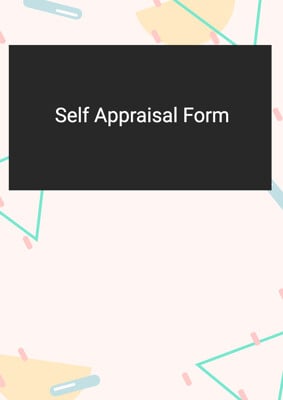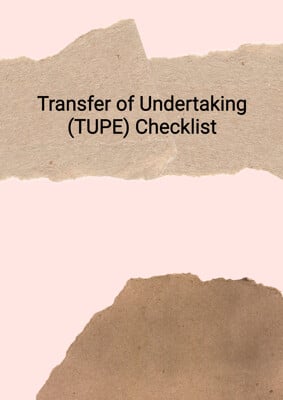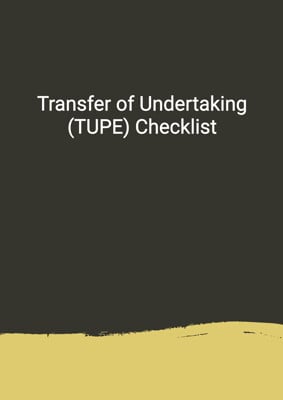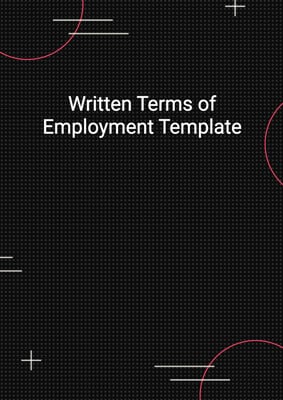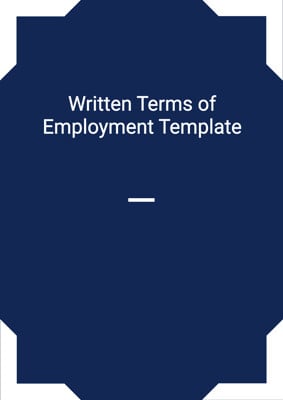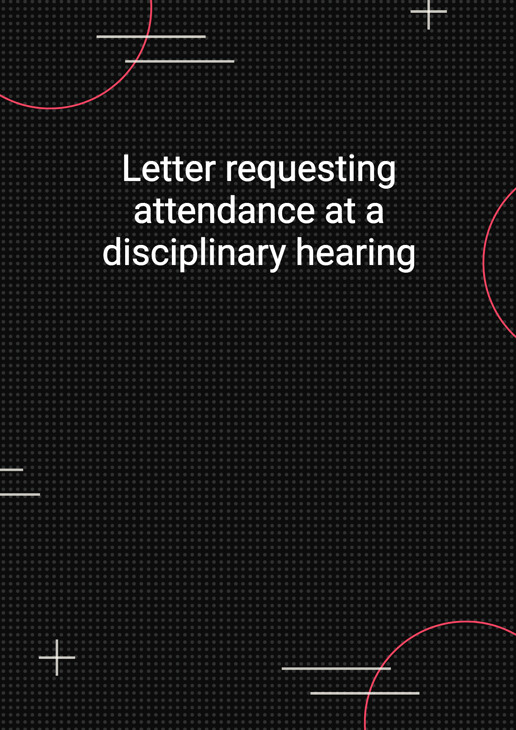
Letter requesting attendance at a disciplinary hearing
Gross Misconduct
This is a draft letter that informs an employee that they are required to attend a disciplinary hearing as a result of alleged gross misconduct. This letter sets out the standard procedures of the disciplinary hearing and informs the employee on how they may prepare for the hearing.
How to Tailor the Document for Your Need?
01
Create Document
Click "Create Document" button and the document will be prepared with your account details automatically filled in.
02
Fill Information
Please fill in any additional information by following the step-by-step guide on the left hand side of the preview document and click the "Next" button.
03
Get Document
When you are done, click the "Get Document" button and you can download the document in Word or PDF format.
04
Review Document
Please review the document carefully and make any final modifications to ensure that the details are correct before sending to the addressee.
Document Preview
Document Description
The document titled 'Letter requesting attendance at a disciplinary hearing' is an important communication tool used in the context of disciplinary proceedings within a company or organization. It serves as a formal notification to an employee regarding their requirement to attend a disciplinary hearing. The purpose of the hearing is to address an allegation of gross misconduct made against the employee.
The document begins with the necessary details, including the account job company and account job address, followed by the current date. It is then addressed to the recipient, using the salutation 'dear name'. The subject of the letter is clearly stated as 'disciplinary hearing'.
The detailed description of the document explains that the recipient is being informed about the specific date and time of the disciplinary hearing, which is scheduled to take place at a designated venue. The allegation of gross misconduct, specifically the assault of a person named 'name', is outlined. The document mentions that evidence has been collected, including witness statements, to support the allegation.
To ensure a fair hearing, the recipient is given the opportunity to call or summon any relevant witnesses to support their case. They are requested to provide the necessary details of these witnesses and any other relevant documents within one week of receiving the letter. The document emphasizes that the hearing proceedings will follow the rules outlined in the disciplinary procedure, which is attached for reference.
The potential consequences of the hearing are also mentioned. If the investigation panel finds the recipient guilty of misconduct, they may receive a final warning, and in certain circumstances, their employment contract may be terminated. The composition of the panel, consisting of three panellists, is described, along with the option for the recipient to bring a trade union representative or colleague as a companion to the hearing. However, it is clarified that these companions cannot answer questions directed towards the recipient.
The letter is signed off by the account first name and account last name, along with the account job company's name.
How to use this document?
1. Notify the recipient: Inform the recipient about their requirement to attend a disciplinary hearing by specifying the date, time, and venue.
2. Outline the allegation: Clearly state the allegation of gross misconduct, such as assault, made against the recipient. Provide details of the incident, including the place, time, and date.
3. Attach supporting evidence: Include a summary of the investigation findings and relevant witness statements as attachments. Mention the possibility of summoning additional witnesses and request the recipient to provide their details and any relevant documents.
4. Explain the hearing process: Inform the recipient that the hearing will follow the disciplinary procedure outlined in the attached staff handbook. Highlight the potential consequences, such as receiving a final warning or termination of employment.
5. Mention the panel composition: Specify the number of panellists involved in the hearing and inform the recipient about their right to bring a trade union representative or colleague as a companion. Clarify that companions cannot answer questions directed towards the recipient.
6. Sign off the letter: Conclude the letter by signing off with the account first name, account last name, and account job company's name.
Not the right document?
Don’t worry, we have thousands of documents for you to choose from:






